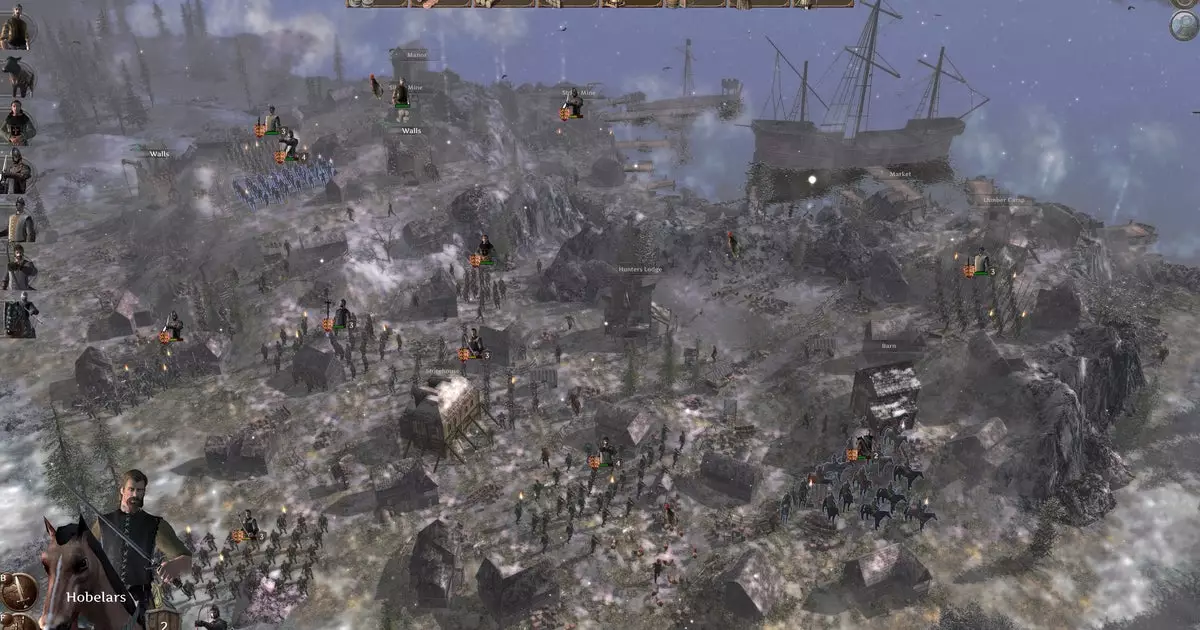The Crusades have long fascinated historians and casual observers alike, encompassing a kaleidoscope of motives, outcomes, and cultural ramifications. While initially sparked by religious fervor, these medieval conflicts evolved into a broader struggle for power, prestige, and territorial expansion. Shrouded in misconceptions and often romanticized through modern narratives, the Crusades represent a period where faith clashed with ambition on a monumental scale. It is easy to see why this era resonates today, especially in a world where symbolic interpretations of historical events fuel ideologies—sometimes perilously.
Unfortunately, the Crusades have been co-opted by factions eager to find validation in their shared grievances. Today, terms such as “deus vult” echo among groups that misuse history to bolster divisive agendas. Yet, peeling back these layers reveals not just warfare but a complex interplay between cultures that shaped civilizations across continents. The intricate web of alliances and conflicts during this period offers invaluable insights into the evolution of modern socio-political dynamics.
Knights Of The Crusades: A Digital Re-imagination
With this rich history in mind, the recent release of “Knights Of The Crusades” marks a daring attempt to merge strategy gaming with historical narratives. This grand strategy 4X game invites players into the heart of the First Crusade, allowing them to navigate the conflict from both Christian and Muslim perspectives, an appealing feature for a genre often criticized for its oversimplification of complex social issues.
Developed by the creators of the Kingdom Wars series, this title feels reminiscent of classic strategy games like Age of Empires, but with the depth that modern gaming engines offer. Through this game, developers seek to engage players not merely in battles but also in the diplomacy and intrigue that characterize this tumultuous time. The sprawling map allows players to contest cities, manage alliances, and navigate the moral ambiguities of their choices.
But is it merely a re-enactment of history, or can it offer a deeper understanding of the ethics surrounding such conflicts? The game promises to avoid sanitization, highlighting not just the martial glory of knights but also the stark implications of their brutal conquests. A virtual recreation of a world where “raiding hamlets and putting innocents to the sword” is part of the strategic calculus forces players to grapple with moral gray areas—an aspect worth considering in any medium that deals with historical tragedies.
A Potential for Engagement and Reflection
The interest in how the game will portray various factions—Pagan, Orthodox, Muslim, and Western Christian—raises questions about representation in gaming. Will it provide a complex view of each culture, or merely reduce them to stereotypes? This concern extends into the broader gaming industry, where narratives often erode nuances for convenience.
A game that aims to simulate the multifaceted nature of the Crusades must offer players a range of experiences, not just combat but also cultural, economic, and social elements that define a civilization. The developers’ promise to weave different mechanics unique to each faction is a hopeful sign. Still, it remains uncertain whether this ambition will translate into an engaging, meaningful experience that resonates with players on an intellectual level.
Interestingly, many potential players might be unfamiliar with the historical context of the Crusades, yet they will undoubtedly be drawn to the game for its strategy elements and visual flair. This dissonance presents an important opportunity for the developers to educate and entertain simultaneously. The challenge will be in striking a balance that keeps players engaged without trivializing the brutalities of the time.
Hoping for a New Perspective in Gaming
As I reflect on the historical merits and ramifications of the Crusades alongside the innovative potential of “Knights Of The Crusades,” I find myself hopeful yet cautious. Can a video game serve as a conduit to explore a complex historical narrative, or will it devolve into a simplistic caricature of past glories? In an era of misinformation and divisive ideologies, the manner in which we engage with history—through games, literature, or discourse—becomes ever more critical.
As someone who has skirted around in-depth research of the Crusades, I welcome the opportunity to delve deeper into this period through interactive experiences. The ultimate success of this game may hinge not only on its mechanics but also on how well it navigates the ethically murky waters of history, forcing players to reckon with their decisions amid the vast narrative landscape. For those of us curious about how our digital experiences can illuminate the past, “Knights Of The Crusades” might just be the portal we need.


Leave a Reply